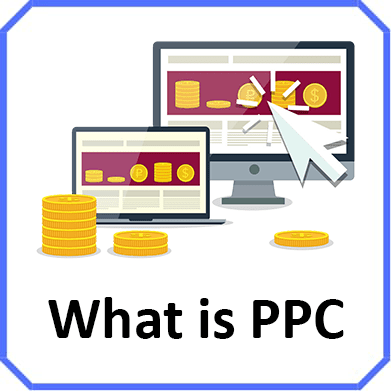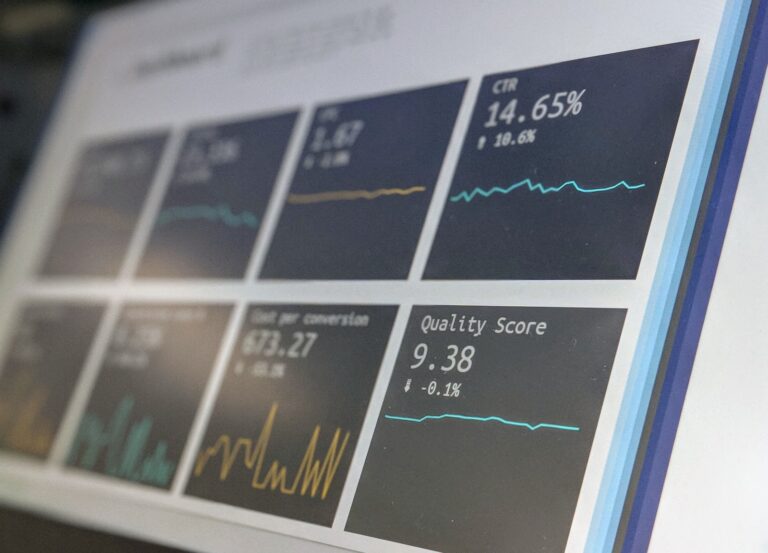Straight-Up PPC for People Who Hate PPC

PPC. Pay-per-click. In short, you’re buying clicks. That is it. Nothing magical here. What are some reasons that you do PPC? Number one reason is to get sales. Plain and simple. You want foot-traffic, you want sales; you want conversions. You want stuff that makes you money. PPC is one way to do that.
Another huge reason is exposure. PPC gets who you are and what you have to offer out in front of a larger audience. And since PPC constantly gathers data, you’ll be able to make critical decisions, like what words attract your best customers, where they’re from geographically, what days of the week are your best days, and even what time of day to show them your ads.
There are a number of ways that people do PPC. And, guess what? There’s not one “right way” to do it, but there are many, many wrong ways to do PPC. One way to do it wrong is to leave your campaign on auto-pilot. Iteration informed by cold, hard, data is as essential for PPC as it is for us to breathe. Specifically, if research isn’t being done on your PPC campaign and if frequent testing isn’t being done to hone your campaign, then you’re wasting time and money.
PPC is for everyone, not just big businesses. It’s for small businesses, too! I recently talked about identifying who your customers are via the discovery process. So, let’s say that we’ve walked through the discovery process together and we’ve further narrowed down your ideal customer; we’ve figured out who they are, where they live; what their age is and what things are likely to get their attention. Research can tell us that information.
Facebook Ads, Google’s Keyword Planning Tool as well as Bing’s new keyword planner tool all work together to help us draw up an idea of what keywords to attack, who to attract and how often, where, how etc. If you’re a data nerd, this type of research is for you. My partner, Chris, eats this stuff for a midnight snack and as a tasty side-dish with every vegan meal he consumes!
The great thing about PPC, over something like paid SEO, is that we can really, truly, look at numbers, facts and figures and tell you what’s working and what’s not; there are great, great SEO minds and tools out there as well as great advice, but, really, SEO data is a well-informed hunch. There, I said it. SEO, at best, is a hunch. That’s my take on it and as long as you’re “doing the basics” (which I’ll talk about in another post) you’re going to get found. PPC can help you go from getting found to getting interested eyes on your business, which can turn into leads/sales/conversions etc.
How about an experiment?
It’s not a mystery and we’d like to tell you more about this! In fact, we’re going to “drink our own Kool-Aid!” Yep. We’re going to perform some PPC on ourselves and share the results with you, good or bad. We’ll tell you where we started, where we wanted to go and how we did in the end.
Get Notified When We Publish New Content!
Join more than 2,500 people who get our marketing automation, business marketing, and WordPress news!





![[Series] Grow Your Business Online First Steps. Way of the Tortoise](https://digisavvy.com/wp-content/uploads/2016/05/way-of-the-tortoise-768x488.jpg)
